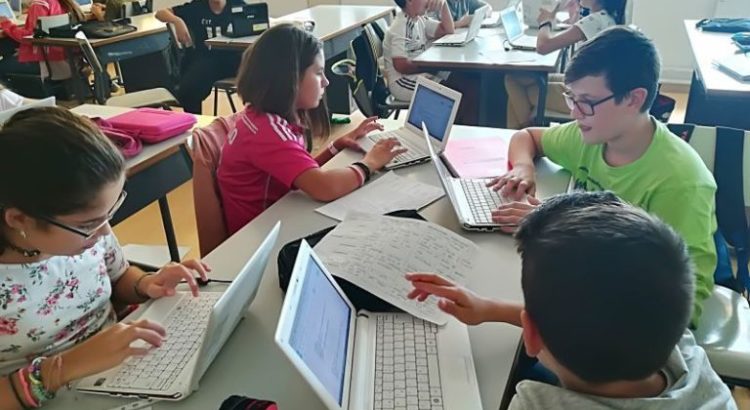Detalles del libro:
| Año: | 2015 |
| Editor: | INICO |
| Páginas: | 153 páginas |
| Idioma: | español |
| Desde: | 03/07/2015 |
| Tamaño: | 10.84 MB |
| Licencia: | Pendiente de revisión |
Contenido:
Reír es bueno y saludable y nos ayuda a afrontar la vida de otra manera. Es fundamental saber reír con los demás y saber reírse de uno mismo. Si tenemos esas dos claves presentes, sabremos por un lado participar de la alegría de otros, de su humor, de sus buenos momentos, y sabremos hacerla nuestra. Por otro lado, sabremos también relativizar las cosas, aceptar las críticas y ser autocríticos, mantener la alegría en los momentos más complicados, no dejar de ser humildes y sobreponernos a las dificultades afrontando lo que nos venga con espíritu positivo.
Cuando al llegar al número 50 del Boletín Integra se nos ocurrió darle una especial relevancia, hicimos cábalas para conseguir ajustar ese 50 con la celebración de las IX Jornadas Científicas Internacionales sobre Personas con discapacidad. Eso nos proporcionaba un marco ideal para recalcar y enlucir las bodas del oro del Integra. Y a la vez, se nos ocurrió el producto ideal, en forma de libro, que recogiese el devenir de los 50 números y los 19 años de Integra desde una perspectiva diferente. Esa perspectiva fue la del humor a través de su viñeta, la nota de humor, que ha sido una de las constantes del boletín número tras número.
El libro que tienes en las manos es pues una forma de recordarnos a nosotros mismos con un toque de humor. Hemos querido aportar tres elementos. Por un lado, una reflexión sobre el momento en que se editó cada número del Integra, realizada por Miguel Ángel Verdugo, sobre las circunstancias del mundo de la discapacidad o del propio INICO en aquel momento. Por otro lado, un apunte cómico en relación a cada una de las viñetas que ilustraron cada uno de los números, realizado por Borja Jordán de Urríes, tratando de explicar su motivo y su porqué. Y finalmente, y gracias a la colaboración de un nutrido grupo de humoristas gráficos, una visión de la discapacidad desde el humor y desde la pluralidad de formas de entenderla. Por supuesto, y desde este planteamiento, hemos materializado la filosofía que pregonábamos en el primer párrafo. Hemos querido saber reflexionar y reírnos de nosotros y saber reírnos con el mundo de la discapacidad.
Descargar: https://openlibra.com/es/book/download/mirando-a-la-discapacidad-con-humor
Fuente: https://openlibra.com/es/book/mirando-a-la-discapacidad-con-humor









 Users Today : 16
Users Today : 16 Total Users : 35460369
Total Users : 35460369 Views Today : 23
Views Today : 23 Total views : 3419123
Total views : 3419123